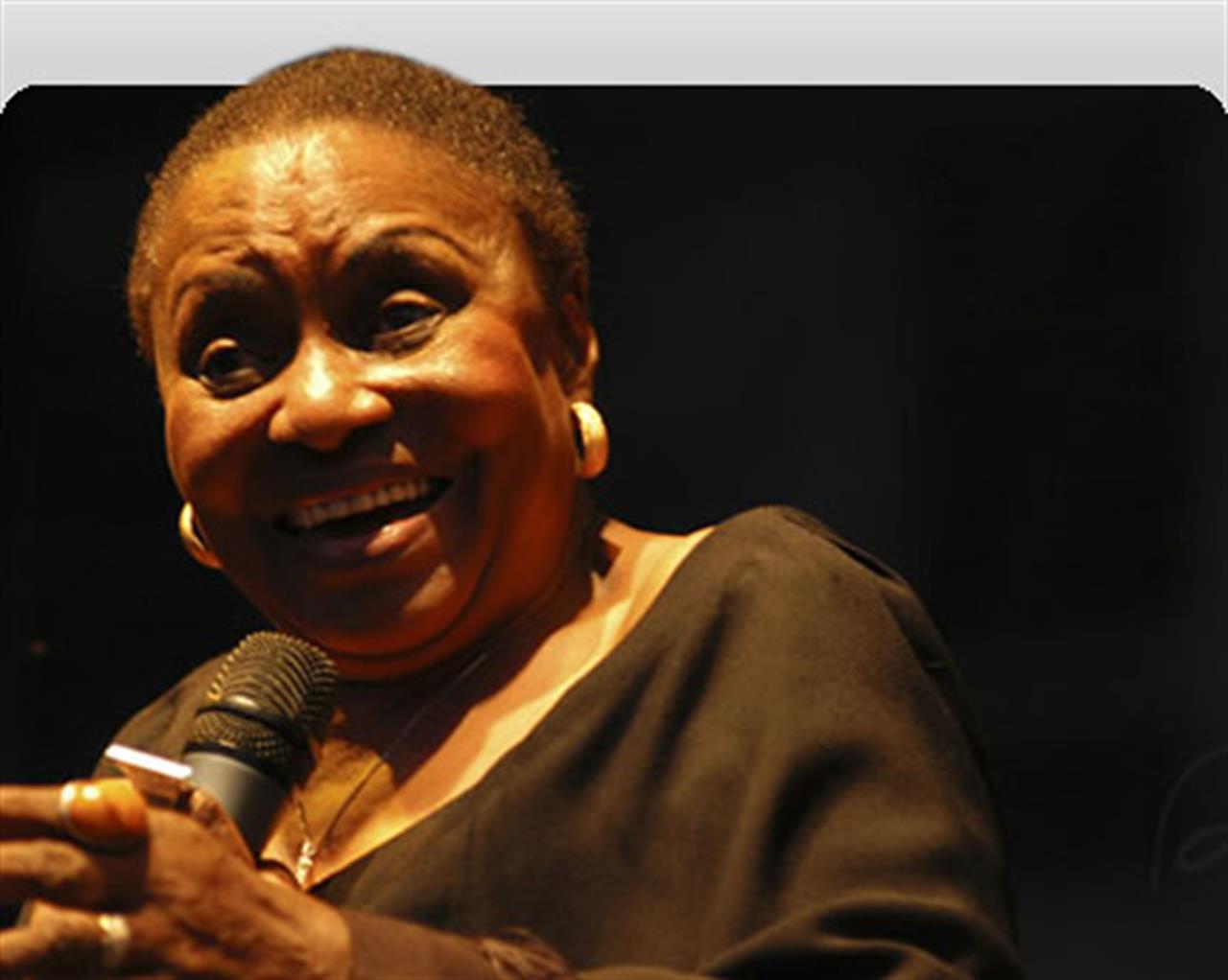Non profit
Life of an activist: Mama Africa
Miriam Makeba, symbol and singer for the anti-apartheid movement, passed away suddenly yesterday at the end of a concert in Italy.

She had said she would sing for Africa and a better world “until death”. And she did, with the same passion which has distinguished her music in the past 60 years.
She passed away at the age of 76, after singing her last song for Italian writer Roberto Saviano, in a concert against organized crime, the Camorra (mafia).
She was struck by a heart attack as soon as she got off the stage at Castel Volturno (in Caserta, southern Italy). “ I believe that a true singer can never stop singing,” she had said in a recent interview, “and even if I could choose to stop, my voice would never accept it”.
She was known the world round as “Mama Africa” and her graceful voice was the symbol of the fight against apartheid.
She was given more than 10 passports from those countries that wanted to welcome her during her 30 years exile, away from her native South Africa.
She was born in 1932 in Johannesburg and at the age of 27 went to Venice to present the award winning film Come back Africa, in which she sang 2 songs.In 1959 Miriam left Italy to go to Paris, London and United States for her tours and when her mother died the year later she discovered that she couldn’t go back home to South Africa.
Her passport had been revoked because of what she said in her songs: the hard lives of black South Africans oppressed by the segregation of the white regime. Despite the fact that apartheid was still alive in Kennedy’s America, she decided to stay in U.S where she found Harry Belafonte’s support.
“Belafonte was really involved in the fight for Civil Rights and whenever he performed he asked me to go with him. I used to perform singing 2 or 3 songs of mine alone and this helped me to reach a larger public, because he was very famous and loved. He was one of the greatest artists in America” she said in one of her last interviews for Radio24 this year.
My audience grew so we went to Atlanta to join Martin Luther King in one of his meetings at Madison Square where I met lots of great artists, Marilyn Monroe, Martin Luther King, and president Kennedy…”
Miriam tried to go back to South Africa 30 years later, after Nelson Mandela’s release in 1990: “the day they released him I called his wife Winnie to tell her how happy I was for the news and she let me speak with him on the phone,” she said, “he asked me where I was and when I told him I was on tour in Spain he said: come back home!”
“Singing the stories of Africa is normal for us. We always sing about what happens in our lives, what we did yesterday. I have never been involved in politics even though some like to call me ‘the singer who sings political songs’. But I always tell people that this is not true. I do not sing political songs.
It would be so hard to describe our society. When I say that we black South African people are segregated I do nothing else but tell the truth. This is not politics. I am just telling things as they are”.
Nessuno ti regala niente, noi sì
Hai letto questo articolo liberamente, senza essere bloccato dopo le prime righe. Ti è piaciuto? L’hai trovato interessante e utile? Gli articoli online di VITA sono in larga parte accessibili gratuitamente. Ci teniamo sia così per sempre, perché l’informazione è un diritto di tutti. E possiamo farlo grazie al supporto di chi si abbona.
